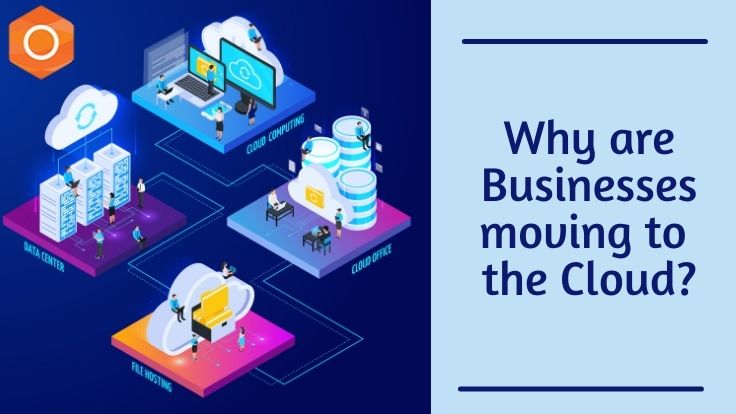Cloud Strategies for Enhanced Customer Experience
Providing exceptional customer experience is paramount for businesses looking to thrive in a competitive landscape. Cloud computing has emerged as a game-changer, enabling organizations to revolutionize the way they engage with customers. In this blog, we’ll explore how cloud strategies can be leveraged to elevate customer experience. We will look into how cloud strategies can deliver value-added services and drive business success.
Scalability and Flexibility: One of the key advantages of cloud computing is its ability to scale resources on-demand. Cloud-based solutions allow businesses to dynamically adjust their infrastructure and applications. This is based on fluctuating customer demands, ensuring optimal performance and reliability during peak times. The scalability and flexibility of the cloud computing strategies empower businesses to deliver seamless customer experience without disruptions. Thus handling sudden spikes in website traffic or scaling up customer support services becomes easy.
Data Analytics and Insights: Cloud-based analytics platforms offer powerful tools for extracting valuable insights from customer data. By leveraging advanced analytics capabilities, businesses can gain a deeper understanding of customer behavior, preferences, and trends. This data-driven approach enables organizations to personalize marketing campaigns, tailor product recommendations, and anticipate customer needs, thereby enhancing the overall customer experience. Additionally, cloud-based analytics solutions facilitate real-time monitoring and analysis, allowing businesses to respond swiftly to changing market dynamics and customer expectations.
Omni-channel Engagement: Cloud strategies enable businesses to create cohesive omni-channel experiences by integrating various communication channels such as websites, mobile apps, social media, email, and live chat. By centralizing customer interactions on a cloud-based platform, businesses can provide consistent and seamless customer experience across channels, regardless of the device or touch-point used by the customer. Further, this omni-channel approach enhances convenience, accessibility, and continuity, fostering stronger connections with customers and driving engagement and loyalty.
AI-Powered Customer Service: Cloud-based AI solutions are transforming customer service by automating routine tasks, analyzing customer inquiries, and providing personalized assistance round-the-clock. Chat-bots powered by natural language processing (NLP) can handle common customer queries, offer product recommendations, and guide users through the purchasing process in real-time. Additionally, AI-driven sentiment analysis enables businesses to gauge customer satisfaction and identify potential issues proactively, allowing for timely interventions and resolution. By harnessing the power of AI in the cloud, businesses can deliver efficient, personalized, and responsive customer experience.
Secure and Compliant Operations: Cloud service providers adhere to stringent security standards and compliance regulations, ensuring the confidentiality, integrity, and availability of customer data. By leveraging cloud-based security solutions, businesses can mitigate cyber-security risks, protect sensitive information, and maintain regulatory compliance. Advanced encryption techniques, multi-factor authentication, and continuous monitoring mechanisms safeguard against unauthorized access and data breaches, instilling trust and confidence in customers. Moreover, cloud-based disaster recovery and backup solutions ensure business continuity and resilience, minimizing downtime and disruptions to customer services.
Cloud computing offers a myriad of opportunities for businesses to elevate customer experience and drive competitive advantage. By embracing cloud strategies organizations can deliver seamless, personalized, and secure experiences that delight customers and foster long-term loyalty. As businesses continue to navigate the digital landscape, leveraging cloud strategies will be essential for staying ahead of the curve. Cloud strategies are thus essential in today’s world for delivering value-added services that exceed customer expectations.




